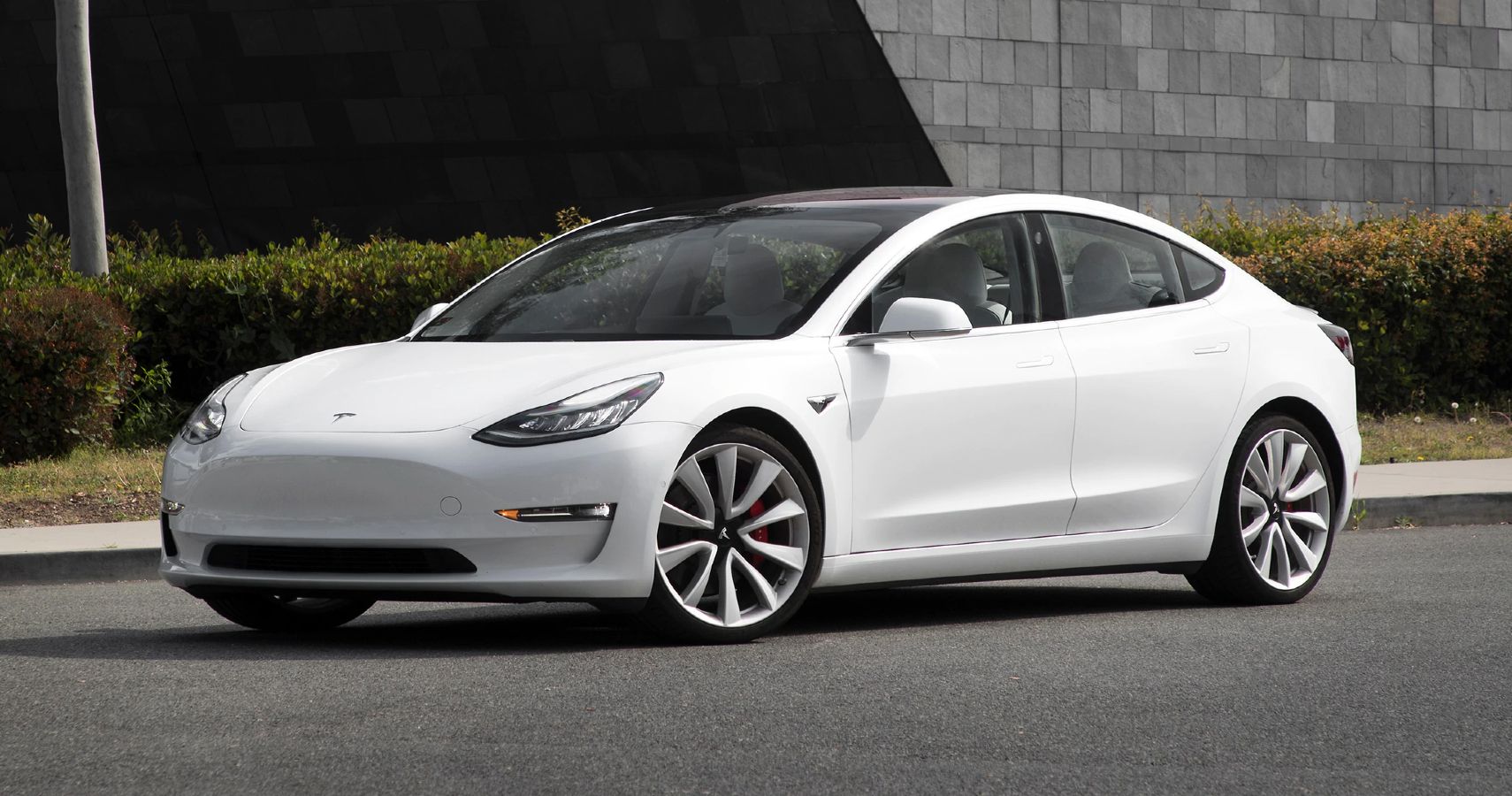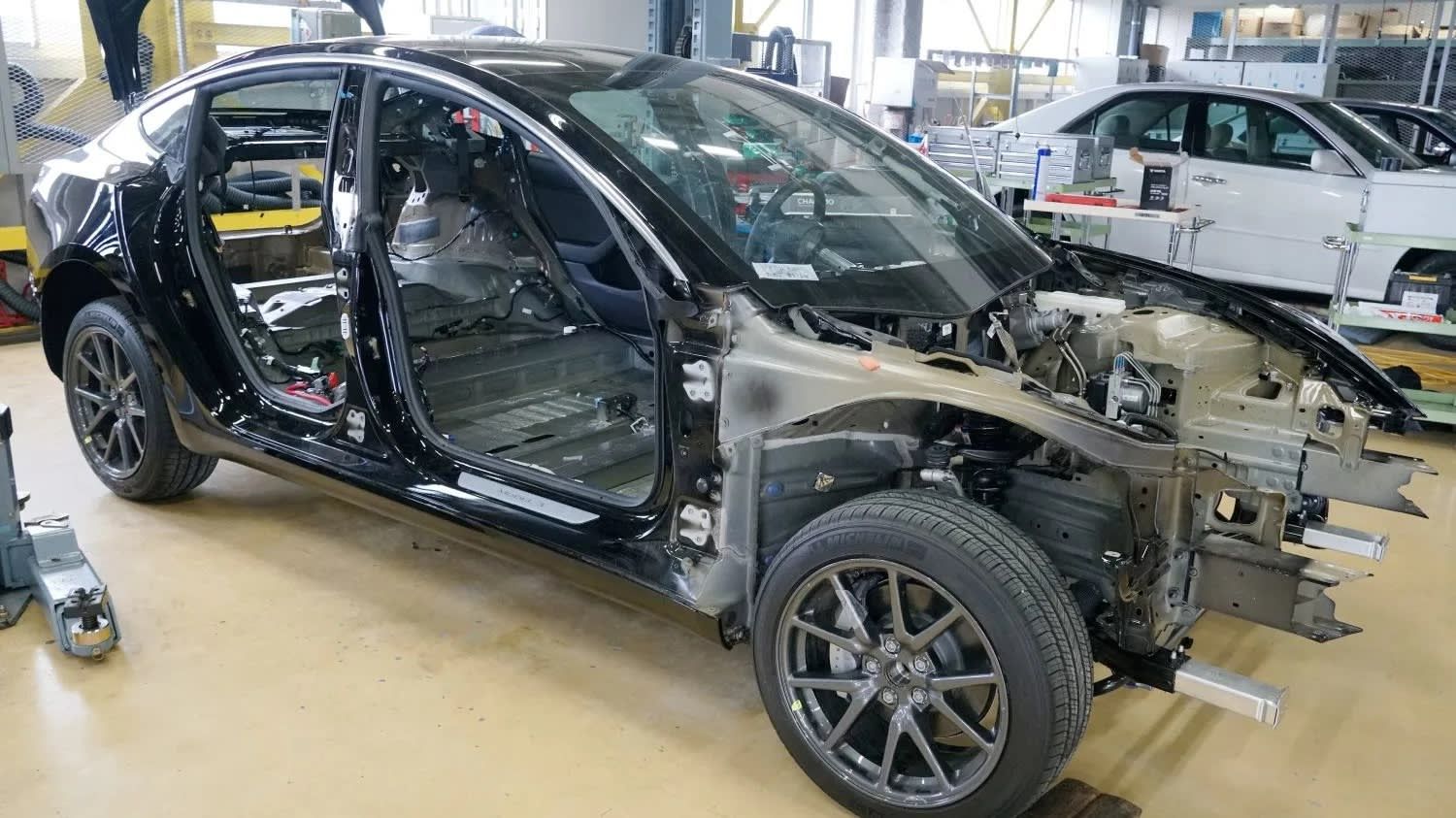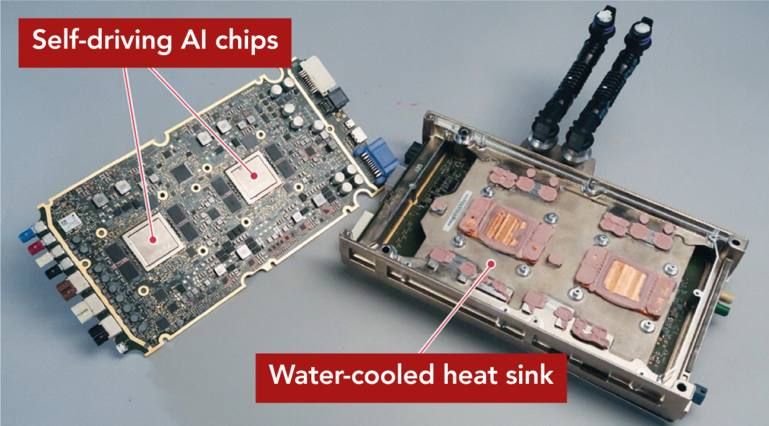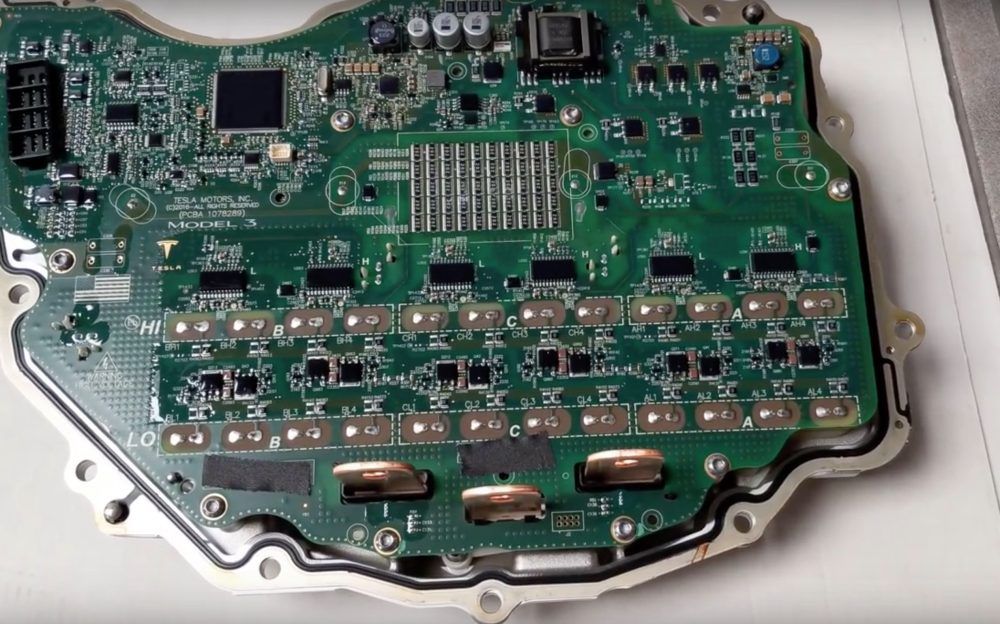When financial publication Nikkei Asia torn-down a Tesla Model 3 they came across a couple of AI chips that were miles ahead of the competition, namely Toyota and Volkswagen. These two companies are some of the largest in the world, selling well over 10 million cars a year, while Tesla only sells about 350,000. But when it comes to what is driving the car, it turns out that the underdog is making more progress than either car giant could imagine.
Since the debut of the Model S, Tesla has come to the forefront of car talk when it comes to technology. Their products appeal to divergent groups from environmentalists to tech enthusiasts, for good reason. But what really separates Tesla from other brands is not what's' under the hood, but what controls the system.
Technology is what gives a Tesla its edge, from the self-driving features to the top-of-the-line infotainment system. Tesla founder Elon Musk has frequently teased that all of his cars have the ability to be self-driving, and with some clear limitations, he was telling the truth.
Stripping A Tesla Down To Its' Chassis
When Nikkai Asia tore down the model 3, the most integral and important piece was found to be the "self-driving" computer chip, or the integrated central control unit. Upon seeing this control unit, one engineer from a major Japanese auto-maker responded saying "We cannot do it."
What Makes This Chip So Special?
There are two reasons for the high value of this chip and its related parts in the Tesla. The first is that, along with many other key components in the car, it is built in-house. Instead of looking at a supplier logo, when you teardown a Tesla you instead find the Tesla name represented.
The implications of this are two-fold. First by making these key components in-house, Tesla can keep their secrets close to the vest. It also means that Tesla is free to make changes as they please.
The second implication is that it shows the advancement that Tesla has made over the years, these two 260sq-mm AI chips control the self-driving capabilities and the infotainment system; two vehicle aspects upon which modern shoppers place high value. This chips can also receive "over-the-air" updates which gives it the ability to be upgraded to improve or add features as they are developed.
What Are The Implications Of This Technology?
It indicates that Tesla is almost 6 years ahead of Toyota and Volkswagen, who expect this kind of technology to be in their cars around 2025. But more than just being some fancy tech, it has larger implications on the supply-lines of these automotive giants.
When it comes to electronic parts, these industry giants have contracts and dedicated supply lines for electronic control units (ECU). Most cars currently have a complicated web of ECU's that control different systems. By contrast, Tesla, uses only the two chips. The issue that comes up with these ECU webs is these larger companies feel pressured to continue with the current design, as switching to less chips would involve significant manufacturing changes as well as contractural renegotiation with ECU suppliers who stand to lose significant money in such a change.
Now these automakers have come to the crossroads of which path to take. Do they continue with their dedicated supply-lines? Or do they try and follow Tesla's path and build up their in-house tech development? For younger companies that are not tied down to these larger supply-lines innovation is the name of the game, and as seen with this teardown of the model 3, it is coming to be one of the most important features.




